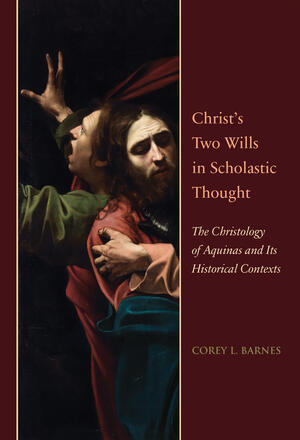
Christ's Two Wills in Scholastic Thought
The Christology of Aquinas and Its Historical Contexts
Description
This book investigates scholastic discussions of Christ's wills from Anselm of Canterbury to John Duns Scotus, concentrating on Thomas Aquinas. The work advances understandings of scholastic Christology in two basic ways. First, it traces the development of scholastic discussions of Christ's wills, attending to the contested issues, to the context of debates, to the use of sources and distinctions, and to the larger implications of these discussions for scholastic Christology. Second, the book utilizes this general analysis as a backdrop for examining the role granted to Christ's humanity by Thomas Aquinas. It argues that Aquinas, based upon his highly developed understanding of Christ's wills, his novel use of patristic sources, and his own terminological and conceptual advancements, portrays Christ's humanity as an instrumentum divinitatis that, through its free will and operation, acts as the instrumental efficient cause of salvation. As such, Thomas developed and extended Anselm's basic soteriological insight by highlighting the Incarnation and passion as the most fitting means for redemption precisely in their elevation of human dignity in intellect and will. Serious challenges, both medieval and modern, have been directed against Aquinas's Christological formulations. In responding to these challenges, the book demonstrates the enduring value of Aquinas's Christology.
Reviews
An exemplary piece of historical theology! Barnes's fine-grained, but nimble analysis of Aquinas's conception of Christ's humanity, carefully situated within its thirteenth-century scholastic context, illumines both the crucial dependence and remarkable originality of the Dominican's mature Christology. It also points up the perduring theological value of the highly integrated nature of scholastic reflection on the person and work of Christ. - Boyd Taylor Coolman, Boston College